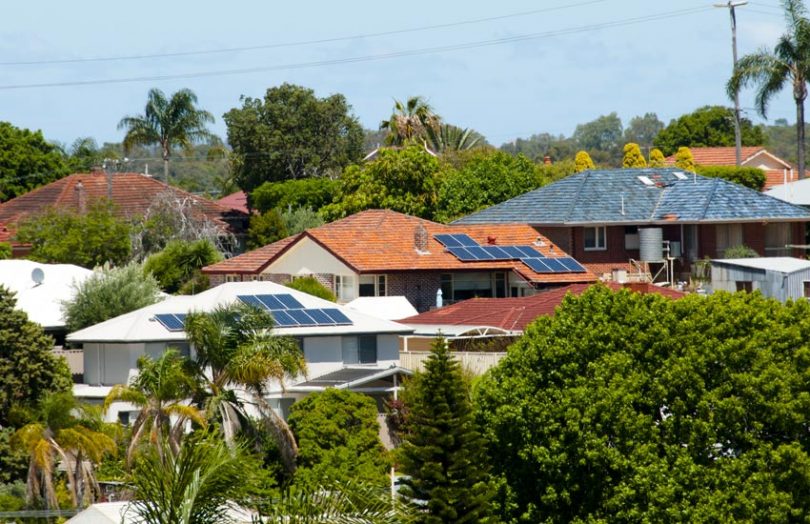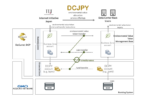Blockchain firm Power Ledger has partnered with Australian electricity wholesaler Powerclub. They aim to use Power Ledger’s blockchain platform to enable South Australian consumers with excess solar power to trade it.
After several trials across the globe, Power Ledger has bagged its first commercial deal to provide its energy trading platform to Australians.
Powerclub is a recently formed company which is working to make electricity prices more affordable. Households can become a part of Powerclub by paying an annual membership fee to access wholesale electricity prices.
The integration of Power Ledger’s platform is to connect household batteries, electric vehicles and other storage devices to the grid. Power generated by solar can then be stored in these batteries. Users will also be able to control their electricity consumption and bills. By pooling excess energy in a Virtual Power Plant (VPP), with blockchain and smart contracts, users can buy electricity when prices are low and sell when there is a spike owing to demand.
“The Australian Energy Market Commission has already flagged the need for grids of the future to become energy trading platforms. The future of the energy industry will be decentralised and democratised, like what we’ve seen happen to the taxi industry with rideshare apps like Uber and Ola,” said Power Ledger Co-founder and Chairman Jemma Green.
Australians have to pay sky-high electricity prices. One of the reasons is the cost of moving electricity in the vast country, which could be easily solved with local VPPs. Another problem is environmental concerns, as major energy producers shift from coal-fired plants to renewable sources. But the issue is that the country lacks the infrastructure to make this shift and keep up with the rising demand.
With Powerledger’s platform integrated with Powerclub, households with solar panels installed can buy or sell electricity easily. With consumers becoming producers, they can recover the investment in rooftop solar faster.
Ultimately Powerclub members will end up paying the difference between the electricity they used and sold. If the usage is less than production, users can potentially earn a profit.
“We believe that by integrating Power Ledger’s platform into our commercial offering, our members will be able to access even better price points for their energy,” said Powerclub’s CEO and Founder Stuart McPherson.
Power Ledger has projects in Australia, Austria, Thailand, Japan and the United States. Most recently, the company partnered with Malaysia’s Sustainable Energy Development Authority (SEDA), to pilot its peer-to-peer energy trading platform in the country.







